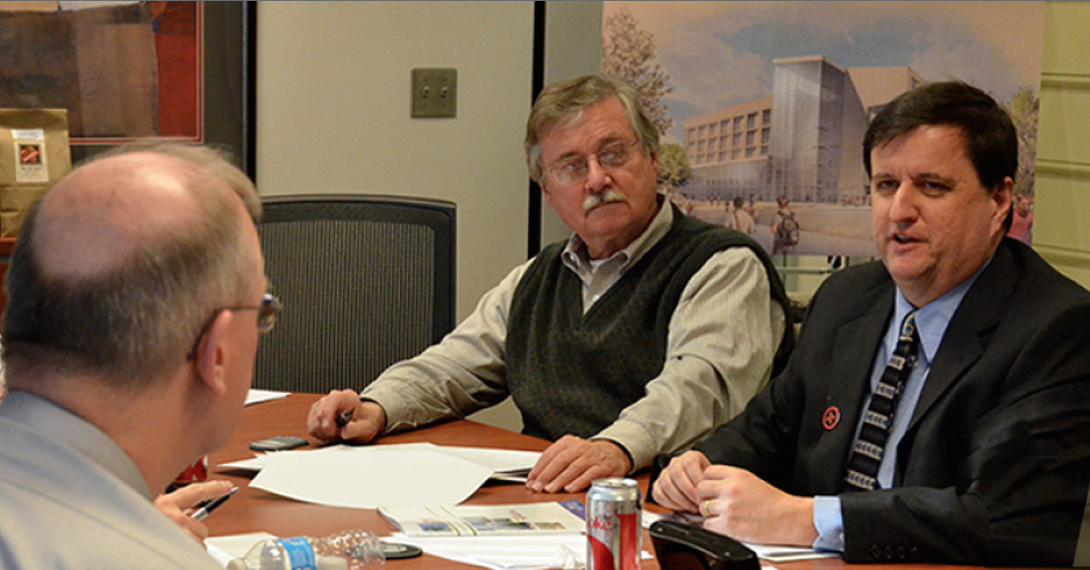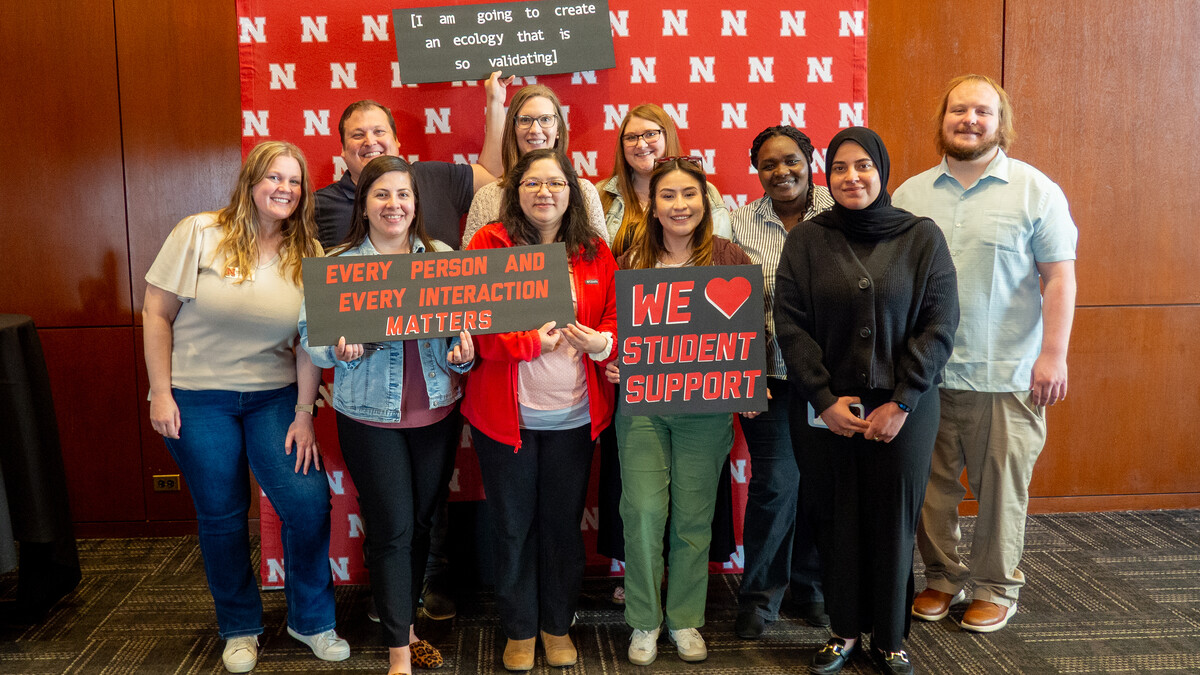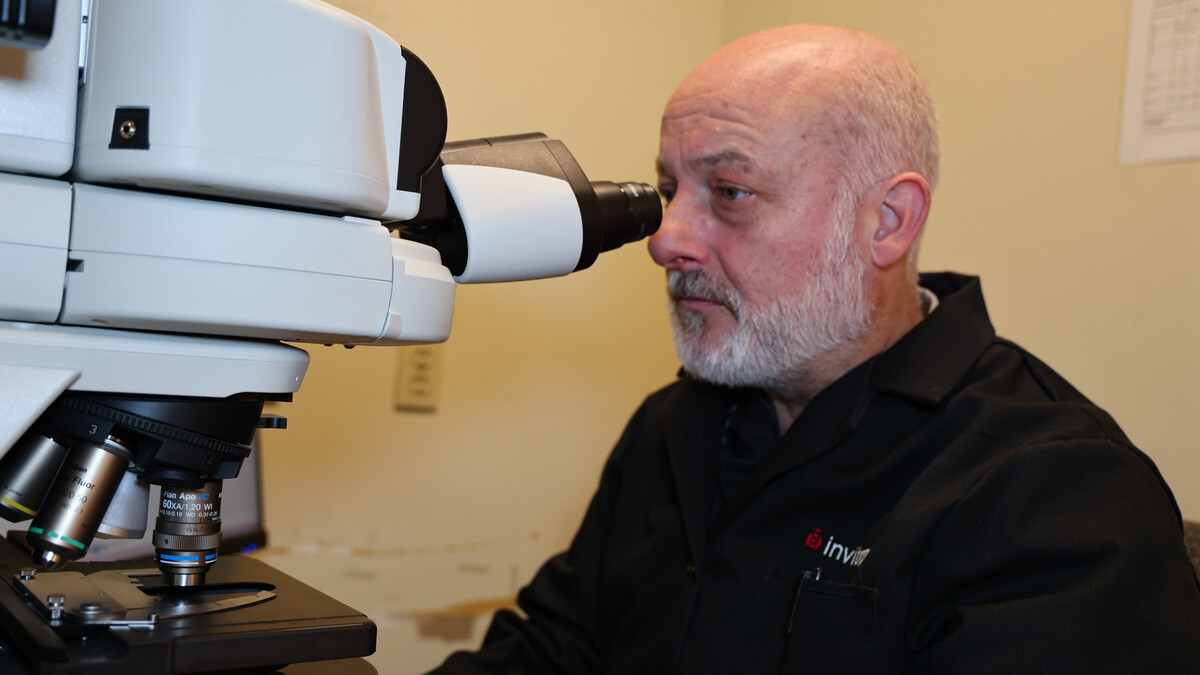
An August survey by UNL’s Bureau of Business Research showed that Nebraska businesses continued their positive outlook for the state economy for the seventh straight month.
The state’s urban areas, particularly the Lincoln region, were most optimistic about the economy, according to an analysis of July and August responses by region.
Conducted monthly, the Survey of Nebraska Business asks proprietors their expectations for the coming six months. The August report is the first to include regional analysis covering the entire state. Previous reports have included regional results for only certain parts of the state.
In results nearly identical to July’s survey, 28 percent of businesses responding statewide said they expected sales to increase, while 20 percent predicted a decline in sales. Most predicted employment will remain steady, though 13 percent anticipated adding jobs and 7 percent expected to reduce employment.
UNL economist Eric Thompson, director of the Bureau of Business Research, said the survey results remain encouraging.
“Nebraska businesses overall retained their steady, optimistic outlook,” he said. “Business expectations are supportive of continued economic growth through early 2015.”
Reflecting tightening labor markets and low inflation, more respondents were concerned about labor supply than the cost of goods and services. About three in 10 businesses identified public policy issues, such as government regulation, health care costs and taxes as top concerns.
The surveys are sent each month to 500 randomly selected Nebraska businesses. In August, 161 businesses responded, for a response rate of 32 percent.
Thompson combined July and August responses to create a sample size large enough to analyze economic trends by region.
The southeast region, which includes Lincoln, was significantly more optimistic than other areas of the state about sales and employment in coming months.
Omaha-area businesses were “only slightly” more optimistic than businesses located elsewhere in Nebraska. The Omaha-area respondents had higher expectations for job growth than other areas of the state.
In central Nebraska, however, higher anticipated sales did not translate into stronger expectations for job growth.
“Labor supply constraints may be impacting the job outlook in central Nebraska,” Thompson said. Central Nebraska businesses were more likely to cite labor availability and quality as a top concern for their businesses.
The northeast and west regions reported limited expectations for growth. Only 17 percent of northeast Nebraska businesses predicted an increase in sales and 2 percent predicted an increase in employment. In the west, 30 percent of responding businesses predicted that sales would slow, though most expected no change in the number of jobs.
The full survey report is available on the Bureau of Business Research website, http://www.bbr.unl.edu.







